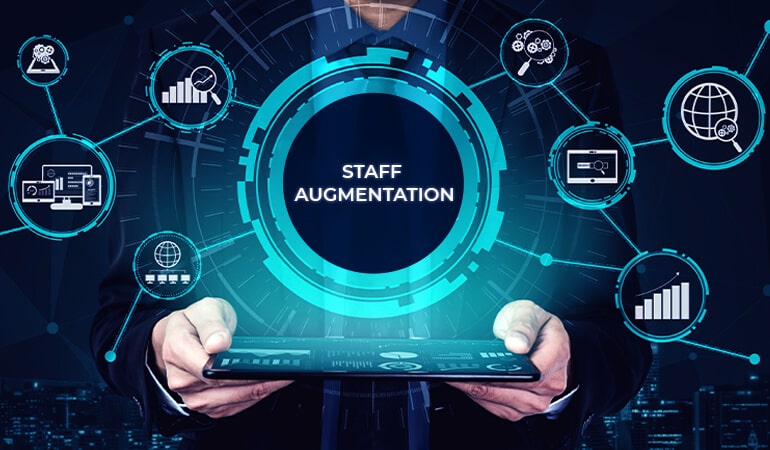Modern businesses thrive on technology, yet many struggle with scattered systems, disconnected applications, and time-consuming manual processes. To stay competitive, companies must achieve digital efficiency, and one of the most effective ways to do this is through system integration and implementation. By aligning technology with business goals, organizations can streamline operations, enhance productivity, and unlock real growth. This is where Innerworks International plays a critical role, delivering expert strategies to help companies integrate and implement systems that truly transform how they work.
Understanding System Integration and Implementation
System integration refers to the process of connecting different IT systems, applications, and platforms so they work seamlessly together. For example, linking a company’s ERP system with its CRM platform allows data to flow freely, eliminating duplication and improving real-time visibility.
System implementation, on the other hand, is about deploying new technologies and ensuring they are configured, customized, and adopted effectively within the business. While integration connects existing tools, implementation introduces and optimizes new solutions. Both are vital to achieving digital efficiency, and Innerworks International specializes in delivering end-to-end support, from identifying business needs to ensuring successful adoption.
Why Digital Efficiency Matters for Modern Businesses
Digital efficiency is no longer a luxury; it is a necessity. Businesses today face increased customer expectations, rising competition, and rapid technological changes. Without efficient systems, companies risk creating data silos, miscommunication between teams, and slower decision-making.
By leveraging system integration and implementation, businesses can:
- Save time and reduce operational costs
- Access accurate, real-time data
- Improve collaboration across departments
- Deliver a seamless customer experience
Innerworks International helps organizations eliminate inefficiencies by providing tailored solutions that align with business strategies, ensuring technology drives measurable outcomes.
Key Benefits of System Integration & Implementation
When done correctly, system integration and implementation bring powerful benefits.
- Streamlined Operations: By automating workflows and eliminating repetitive tasks, companies free up staff to focus on high-value work. For instance, integrating finance and HR systems reduces paperwork and administrative bottlenecks. Innerworks International ensures these processes are aligned with organizational needs.
- Improved Data Accuracy & Visibility: Businesses thrive on data-driven decision-making. With integrated systems, information is always up-to-date and accessible in real time. This eliminates errors caused by manual entry and helps leadership teams make confident choices.
- Enhanced Customer Experience: Customers expect speed, personalization, and consistency across all channels. Integrated systems support omnichannel experiences, faster response times, and accurate service delivery. Innerworks International designs solutions that prioritize customer-centric outcomes.
- Scalability & Flexibility: As businesses grow, their systems must keep pace. Integration allows companies to add new tools, features, or services without disrupting operations. With implementation support from Innerworks International, organizations future-proof their technology.
- Cost Reduction & Productivity Boost: By reducing redundancies and leveraging automation, companies lower overhead costs while boosting employee output. The return on investment (ROI) from integration projects is often realized faster than expected.
Common Challenges in System Integration & Implementation
Despite its benefits, businesses often face challenges during integration projects:
- Legacy System Compatibility: Older systems may not align with modern platforms, creating obstacles.
- High Upfront Costs: While integration saves money long-term, initial investment can be daunting.
- Employee Adoption: Without proper training, staff may resist new systems.
- Data Security & Compliance Risks: Connecting multiple platforms raises concerns about data governance and compliance.
Innerworks International helps organizations overcome these challenges by offering expert consulting, secure integration strategies, and tailored training programs that ensure smooth adoption.
Best Practices for Successful Integration & Implementation
To maximize success, businesses should follow proven best practices:
- Conduct a Needs Assessment – Evaluate existing processes and identify inefficiencies.
- Choose the Right Tools – Select platforms and integration methods that align with company goals.
- Involve Stakeholders – Collaboration across departments ensures smoother adoption.
- Ensure Strong Data Governance – Protect sensitive data and comply with regulations.
- Continuous Monitoring – Regularly review and optimize systems for evolving needs.
Innerworks International applies these best practices across every project, ensuring that system integration and implementation align with long-term strategies rather than being one-time fixes.
Real-World Applications of Integration & Implementation
Practical examples highlight how integration transforms business efficiency:
- ERP and CRM Integration: Aligning these systems provides complete visibility into customer journeys, sales pipelines, and financial performance.
- Cloud Adoption: Many organizations migrate legacy systems to the cloud, enabling scalability and collaboration across locations.
- Workflow Automation: Departments such as finance, HR, and supply chain benefit from reduced manual tasks and faster approvals.
With its global expertise, Innerworks International has helped companies across industries—from healthcare to e-commerce—implement tailored solutions that create measurable improvements in productivity and growth.
The Future of System Integration & Digital Efficiency
The next generation of system integration will be powered by AI, machine learning, and IoT technologies. These innovations will enable predictive analytics, automated decision-making, and even more personalized customer experiences. Businesses are also moving toward API-first and cloud-native systems, which make integration faster, more secure, and highly flexible.
Innerworks International stays ahead of these trends, helping organizations adopt cutting-edge technologies that position them for long-term success. By investing in future-ready integration, companies can continue driving digital efficiency in an increasingly competitive landscape.
Takeaway
System integration and implementation are no longer optional—they are essential for businesses seeking digital transformation and operational excellence. By unifying systems, eliminating inefficiencies, and enabling real-time insights, companies can achieve higher productivity, lower costs, and improved customer satisfaction.
With expertise and a proven track record, Innerworks International empowers organizations to embrace integration confidently, ensuring that technology becomes a driver of growth rather than a barrier. For modern businesses, the path to digital efficiency starts with the right integration and implementation partner.
Frequently Asked Questions (FAQ)
1. What is the difference between system integration and system implementation?
System integration connects existing systems and applications, while system implementation focuses on deploying and adopting new technologies. Both are critical for achieving digital efficiency.
2. How does system integration improve digital efficiency?
Integration eliminates data silos, automates workflows, and ensures accurate, real-time information flow across departments, resulting in faster, smarter decision-making.
3. What are the biggest challenges businesses face during integration projects?
Common challenges include legacy system compatibility, high upfront costs, employee adoption, and data security concerns. Working with experts like Innerworks International helps overcome these issues.
4. How can small businesses benefit from system integration?
Even small businesses gain value through reduced manual work, improved data accuracy, and enhanced customer experience. Scalable solutions make integration affordable for growing companies.
5. What technologies are shaping the future of system integration?
AI, IoT, machine learning, and API-first platforms are transforming how businesses integrate systems. These technologies enable smarter, faster, and more secure integrations.











